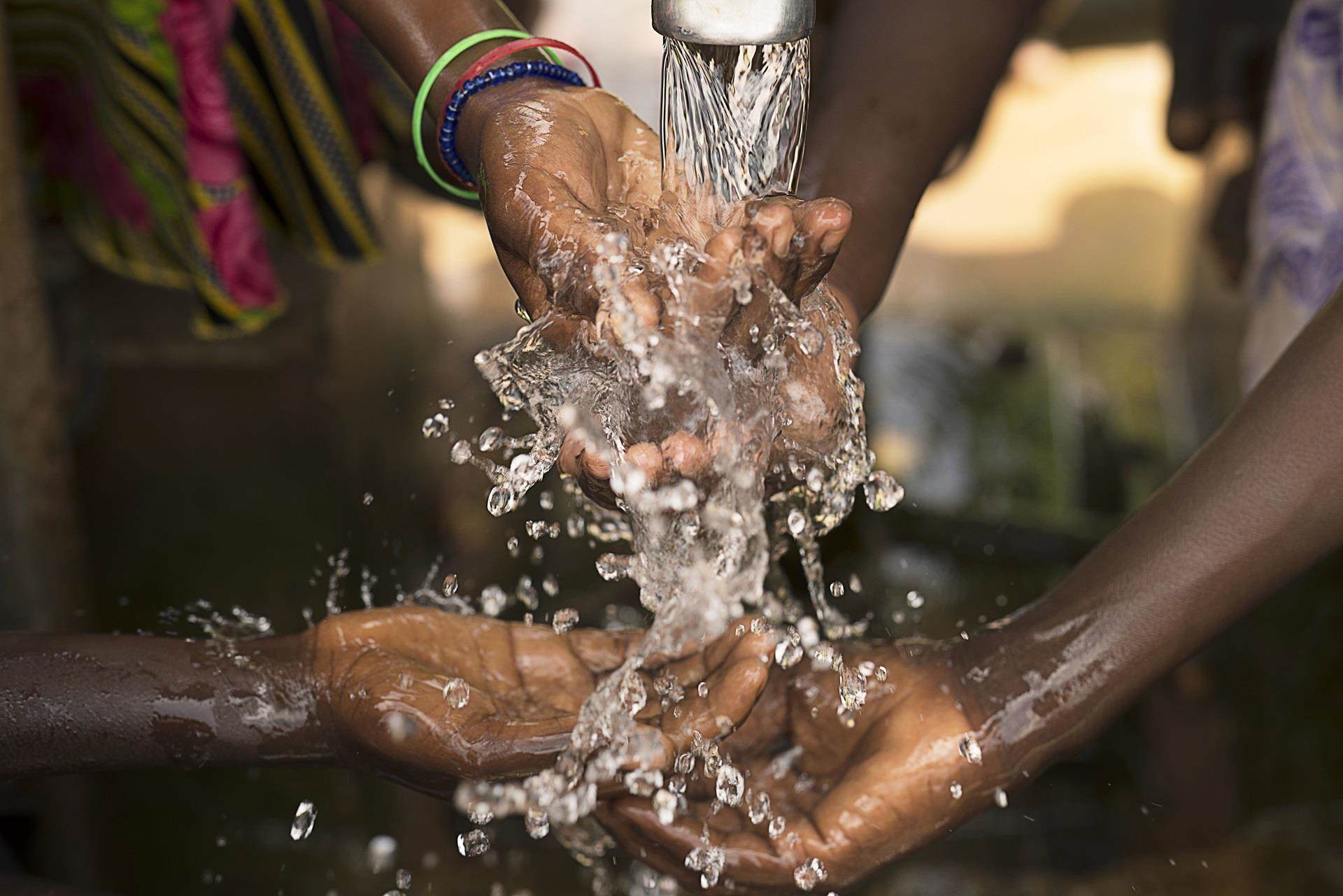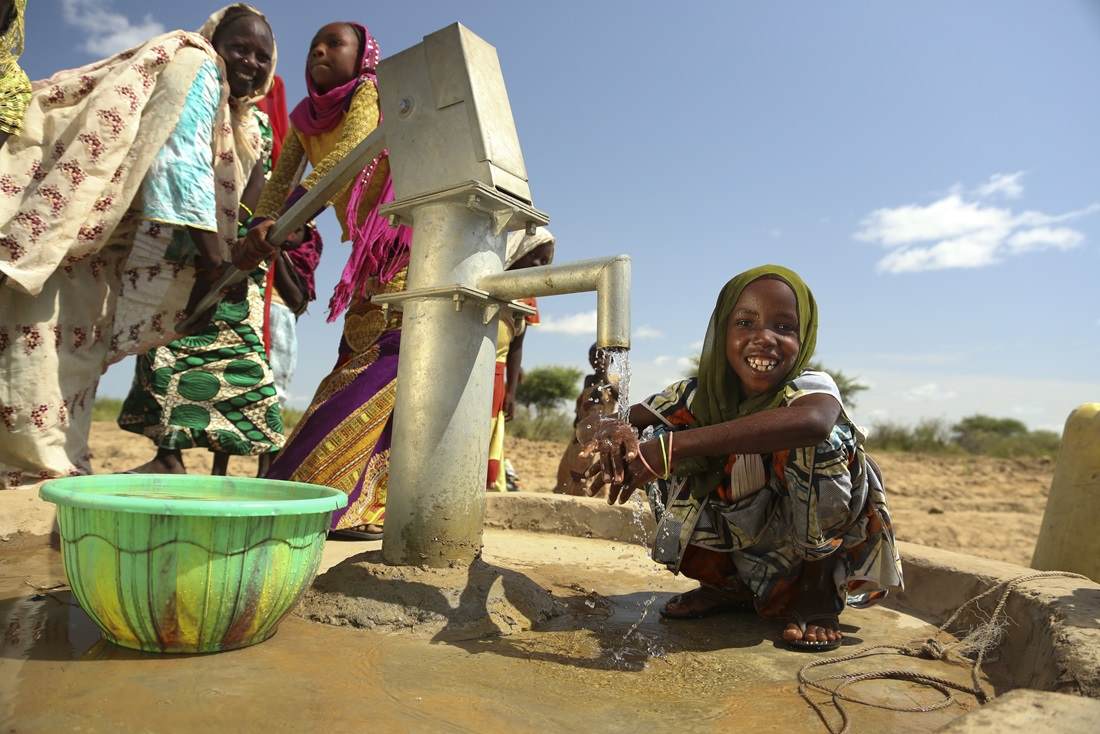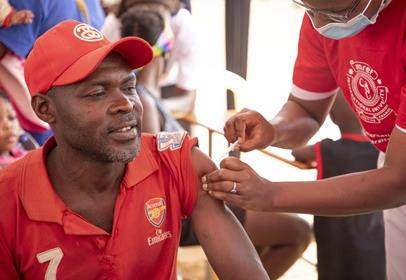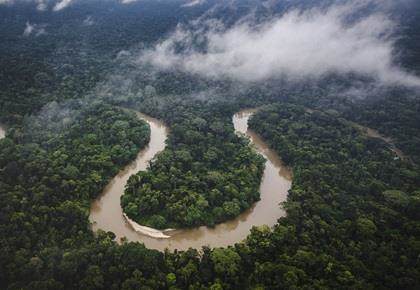
neverthirst
Improving access to clean water, hygiene and sanitation in Uganda
Improve access to healthcare
Africa and Middle East
2022-2024
UN Sustainable Development Goals





The issue
The United Nations identifies access to clean water as being at the core of sustainable development.
At the human level, water cannot be seen in isolation from sanitation. Together, they are vital for reducing the global burden of disease and improving the health, education and economic productivity of populations.
Contaminated water and a lack of basic sanitation are undermining efforts to end extreme poverty and disease in the world’s poorest countries. According to 2020 WHO/UNICEF figures, three out of four people in rural Africa lack safely managed drinking water and sanitation, with seven out of 10 lacking access to basic hygiene services.
Uganda is ranked 159 out of 189 countries in the world based on the UN’s Human Development Index. A staggering 23.5 million people (more than half the population) live in severe multidimensional poverty and access to clean water is a significant issue.
In rural Uganda, over 8.9 million people use shallow wells and surface water sources for drinking. More than 29 million people lack access to improve sanitation and about 2.5 million people practice open defecation.
Against this backdrop, a wealth of local agencies and NGOs are working to make access to clean water a reality. One region that has fewer villages with access to clean water and sanitation than the national average is the Omoro District, in the north of the country.
In Omoro, 43% of the population (68,278 people) lack access to an improved water source. High rates of sickness in the communities are attributable to lack of access to clean water, poor hygiene and sanitation practices. Croda Foundation’s grantee, neverthirst, have a goal to increase water coverage in the region to 80-85% by the end of 2022.
neverthirst
neverthirst exists to bring clean and living water to unreached communities worldwide. Working in remote, hard-to-reach places, alongside local partners they work to bring clean and living water to marginalized communities throughout Africa and Asia.
neverthirst partners and invests in local organisations with proven experience in high quality water, sanitation, and health programs. This local expertise helps to identify where the need for safe water is most urgent, and where there are effective community networks – for example through local churches. This can ensure a level of community ownership that will keep water flowing in the years to come.
At a practical level, clean water is delivered through the most appropriate technology based on physical factors (like terrain and groundwater quality) and cultural factors related to the community’s acceptance of the water technology.
Common solutions include drilling or hand-digging wells, installing hand pumps, mechanised wells with solar panels and pumps, gravity-fed water, school water treatment systems, and household-level filtration and treatment. An important factor in choosing the right technology is ensuring that spare parts can be purchased locally and a nearby network of mechanics can service the water point.
Today, neverthirst operates in eight countries across Africa and southeast Asia providing clean drinking, sanitation, and hygiene solutions through the local church. Since 2008, neverthirst has served over 900,000 people with clean and living water.
Find out more about neverthirst on their website.

The project
Croda Foundation has awarded a grant of £37,000 to rehabilitate existing water sources, drill new bore wells and install water hand pumps in Omoro District, Uganda. The project will directly improve the lives of 2,400 people, who have previously lacked access to clean water, basic hygiene and sanitation.
The project will benefit underserved rural villages. The Omoro District has a current water coverage rate of 57% - one of the lowest in the wider region and below the national average of 65%.
Many women in these communities currently need to walk between one to two hours per day to collect water. Yet the water table is accessible across the district and can provide sufficient yield to sustain each community's need, and there are limited issues with groundwater quality.
By drilling two new boreholes and installing hand pumps, the project will provide a safe new water source for up to 1,200 people. Rehabilitating two existing boreholes (increasing pump depth and replacing new hardware) will improve access for up to 1,200 more.
Ayikoru Medina, a 22 year-old mother of two and restaurant owner, lives in Oleba village in Uganda, which benefitted from a previous similar neverthirst project. Explaining the difference the new well made to her community, she said: “We have been hoping for a clean and safe source of water in our village and neverthirst provided just that. Before the well was constructed, we used to walk two miles to an open well which we shared with animals. We are now safe from the strain of trekking for long distances in the search for water.
“Now I am able to drink fresh water I'm so happy that I am speechless. We now have life.”
The project will also rehabilitate existing hand pumps that have fallen into disrepair. Rehabilitation includes replacing broken parts with higher quality hardware and ensuring the community has an effective maintenance plan in place to keep the well functioning long into the future.
The project will also undertake comprehensive community engagement and education to improve hygiene and sanitation. Four water committees will be trained in operations and ongoing maintenance and 180 to 250 people trained in improved sanitation and equipped to build their own household latrine, thereby contributing towards improved health.
Impact
Two new boreholes with hand pumps - a safe new water source for up to 1,200 people
Upgrading two existing boreholes, with deeper pumps and new hardware – benefitting a further 1,200 people
180 to 250 people trained in improved sanitation and equipped to build their own household latrine
Croda Foundation, established in 2020, is an independent charitable company set up by FTSE 100 specialty chemicals company, Croda International Plc, and is registered in England and Wales (number: 1196455). The Foundation is solely funded by generous donations from Croda International Plc and led by an independent Board of Trustees.


